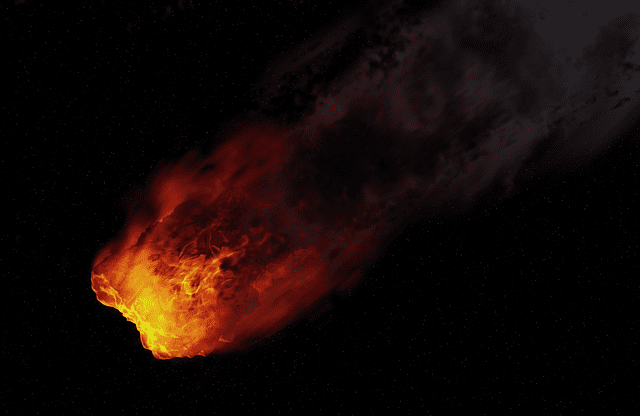A meteorite that crashed on a driveway in the town of Winchcombe in the Cotswold region of the United Kingdom a year ago contained water that originated from another planet. According to some accounts, the Winchcombe meteorite is considered to be among the most well-known meteorites in the United Kingdom. However, it wasn’t until very recently that researchers discovered that at least 12% of the sample was comprised of water. This discovery came as quite a surprise.
Scientists are hoping that the meteorite may provide them with some insight on the genesis of the world’s massive seas. Ashley King, a researcher working in the planetary materials section at the Natural History Museum, was quoted as saying in a piece that was published by The Independent that not only is the specimen made up of 12% water, but it is also one of the least polluted ones that has been discovered to yet.
King further said that the chemical make-up of the water that was discovered in the Winchcombe meteorite is very comparable to that of the seas on Earth.
The researcher claims that this is the first time a meteorite that contains water from somewhere other than Earth has crashed to the ground in the United Kingdom. The water is, however, bound up in minerals. According to what was stated from an interview he gave, one of the primary concerns we have in the field of planetary sciences is determining the origin of the water on Earth. And one of the most apparent ways would be for it to enter the solar system through comets or asteroids, both of which are loaded with ice.
According to studies conducted on comets, the chemical make-up of the water found on comets, or at least the few comets that have crashed onto Earth, does not match the chemical make-up of the water found in the oceans on our planet.
According to King, the asteroid from which the meteorite that fell to Earth in the United Kingdom in February 2021 must have had its beginnings at least 4.6 billion years ago, which is the time when the solar system was first being formed. Although the meteorite’s journey from someplace close to Jupiter to our planet may have lasted roughly three million years, it finally arrived here.












Leave a Reply